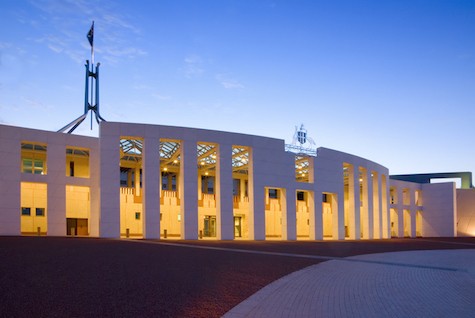NALE bill passed by parliament

.
The Treasury Laws Amendment (Support for Small Business and Charities and Other Measures) Bill 2023 was passed by the Senate yesterday after spending nearly six weeks moving back and forth between the upper house and the House of Representatives over amendments to one schedule in the bill.
The NALE provisions are contained within schedule 7 of the bill, but were not the area of contention for the Senate, which instead requested amendments to increase the small business instant asset write-off threshold from $20,000 to $30,000, which is contained in schedule 1.
While the bill was introduced into the lower house on 13 September last year, the Senate first saw it on 27 November, but made its call for amendments on 27 March this year, sending the bill back to the lower house, which formally received the proposed amendments on 14 May.
Over the next two weeks, the House of Representatives rejected the changes, leading the Senate to insist on them again followed by the lower house rejecting them a second time, returning the bill to the Senate on 28 May where it remained until 25 June.
In brief proceedings yesterday, Queensland Labor Senator Murray Watt moved the Senate did not further insist on its amendments, which was supported by a majority vote.
Financial Services Minister Stephen Jones welcomed the passing of the bill, but did not reference the NALE changes, which will only apply to SMSFs and small Australian Prudential Regulation Authority funds after retail and industry funds were exempted from its application.
“Small businesses are the engine room of Australia’s economy, which is why these measures are so critical and why we have built on them in this year’s budget,” Jones said, referring to the instant asset write-off and Small Business Energy Incentive contained in the 2023/24 budget.
The bill now awaits royal assent, after which the NALE changes will take effect at the start of the first quarter after the day assent is given. At present, the nearest potential start date is 1 July, with the next possible date being 1 October.
The timing of the passage of the bill has been restricted by the limited sitting days of the Senate, which sat for three days in May and is sitting for the first four days of this week (June 24-27).
These limited sitting days may also impact the likelihood of the Better Targeted Superannuation Concessions bill, which will introduce the Division 296 tax, being passed before the end of this financial year, with that proposed legislation yet to progress to the upper house for its first reading.
June 26, 2024
Jason Spits
smsmagazine.com.au
